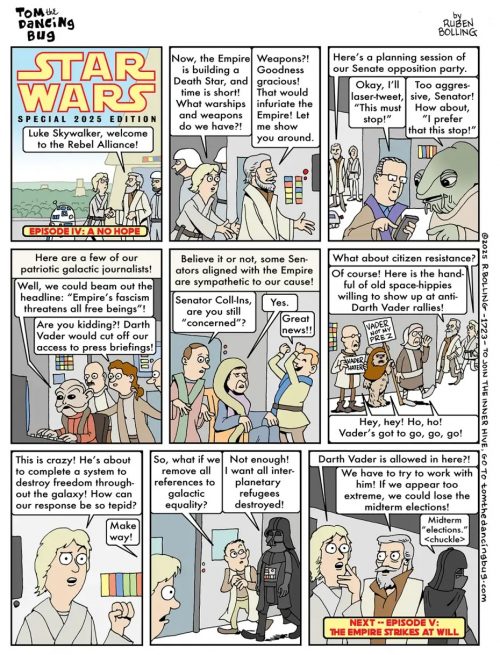Yesterday, I was wondering what Elon Musk would do with 3 million emails describing what every federal worker did last week. We didn’t have to wait long, we now know what the plan was.
Responses to the Elon Musk-directed email to government employees about what work they had accomplished in the last week are expected to be fed into an artificial intelligence system to determine whether those jobs are necessary, according to three sources with knowledge of the system.
The information will go into an LLM (Large Language Model), an advanced AI system that looks at huge amounts of text data to understand, generate and process human language, the sources said. The AI system will determine whether someone’s work is mission-critical or not.
Nice. Big Brother AI is going to analyze your email to determine whether you should be fired or not.
Trump & Musk don’t care what you write. They’re looking for pretexts to dismantle the federal government.










